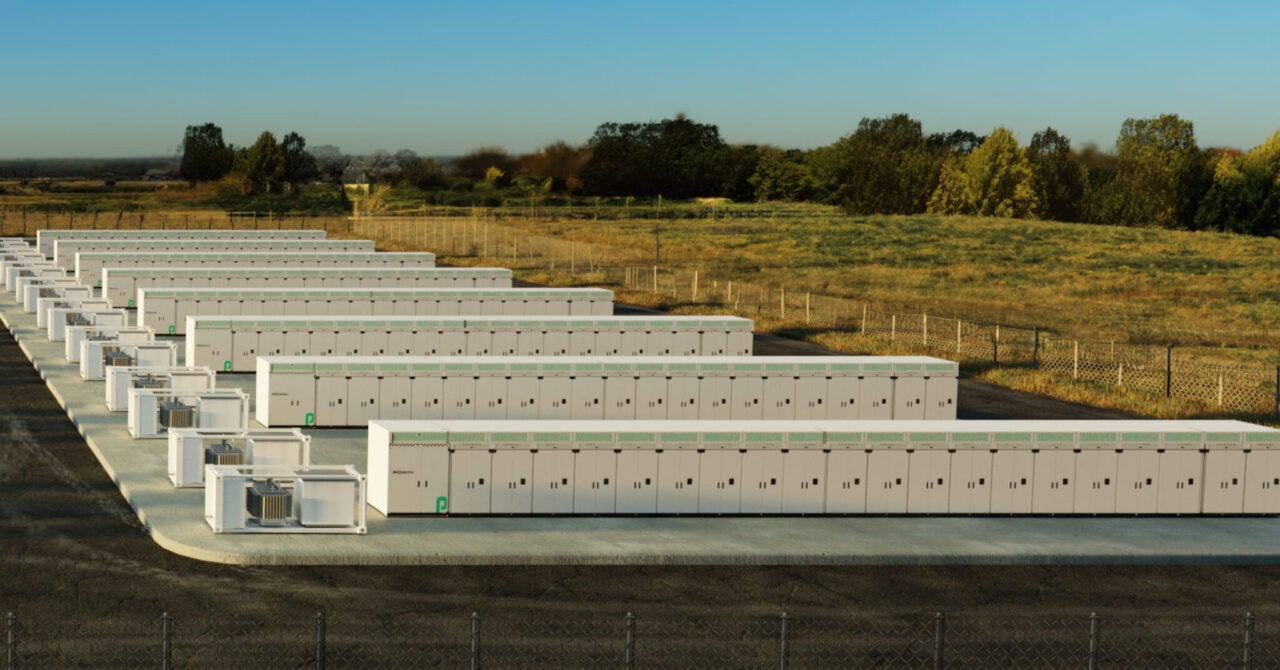
The project is expected to be operational by 2026 and construction started on it last month. After completion, it will be one of the largest standalone BESS projects in the region, according to Powin.
The BESS will charge with low-cost energy during off-peak times when renewable energy production is abundant, enabling DTE to manage its peak loads and accommodate more wind and solar on its grid.
The project is located at the site of a decommissioned coal power plant in Trenton, Michigan. Known locally as Trenton Stacks, the Trenton Channel Power Plant was a coal-burning generation facility that had run since its opening in 1924. This storage project costs up to US$460 million, according to the Michigan Public Service Commission (MPSC).
DTE Energy got the regulatory go-ahead from the Michigan Public Service Commission (MPSC) for the Trenton BESS project in March, as the stacks were finally demolished.
State governor Gretchen Whitmer said that DTE Energy began the construction of the project with support from the US government’s Inflation Reduction Act (IRA). According to the utility, the required Capex investment has been offset by US$140 million of incentives the company was able to avail of through the 2022 IRA legislation’s tax credits and provisions for infrastructure spending.
“We believe this project will serve as an inspiration for the entire utility sector, demonstrating the potential and impact of advanced energy storage solutions in achieving a sustainable energy future,” said Jeff Waters, CEO of Powin.
The Michigan government plays a key role in supporting Michigan’s energy storage sector as part of the governor’s Clean Energy Future Plan passed in November 2023. The state boasts a 100% clean energy target by 2040 and carbon neutrality by 2050, making Michigan the first state in the US Midwest to commit to a net zero goal. It is targeting 2.5GW of energy storage by 2030 to help reach those goals.

